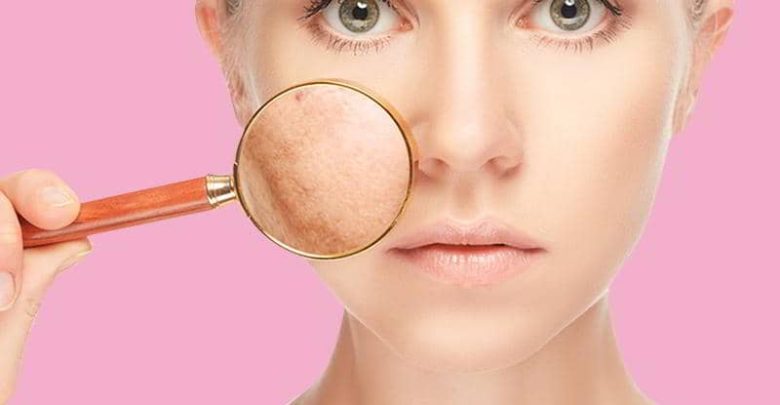Health
Understanding Pigmentation and How a Pigmentation Removal Clinic Can Help

Pigmentation is a common skin concern that affects many individuals. It refers to the uneven distribution of melanin in the skin, resulting in dark patches or spots. Pigmentation can be caused by various factors such as sun exposure, hormonal changes, genetics, and skin injuries.
While pigmentation is not a serious health concern, it can affect an individual’s confidence and self-esteem. Fortunately, Pigmentation removal clinics offer various treatments that can effectively reduce or eliminate pigmentation.Melanin is a pigment that gives color to our skin, eyes, and hair. It also helps protect our skin from the sun’s harmful UV rays. However, when the melanin production is overactive or unevenly distributed, it can result in pigmentation.

What are the different types of pigmentation?
Melasma – a common type of pigmentation that affects women more than men. It is characterized by brown or gray patches on the face, neck, and arms, and is caused by hormonal changes and sun exposure.
Sunspots – also known as age spots, are brown or grayish spots that appear on areas of the skin that are frequently exposed to the sun, such as the face, hands, and arms.
Post-inflammatory hyperpigmentation – occurs after an injury or inflammation of the skin, resulting in dark patches or spots.
There are various treatments available in pigmentation removal clinics that can help reduce or eliminate pigmentation, including:
- Chemical peels – involve applying a chemical solution to the skin that exfoliates the top layer of skin cells, revealing smoother, brighter skin underneath.
- Laser therapy – uses a laser to target the pigmented cells in the skin and break them down, allowing the body to naturally eliminate them.
- Microdermabrasion – a non-invasive procedure that involves using a special device to exfoliate the skin and remove the top layer of dead skin cells.
- Topical creams – contain ingredients such as hydroquinone, retinoids, and kojic acid that help reduce pigmentation by inhibiting the production of melanin.
Before undergoing any treatment, it is important to consult with a pigmentation removal specialist to determine the most suitable treatment for your skin type and condition. While some treatments may provide immediate results, others may require multiple sessions to achieve the desired outcome.
pigmentation can affect an individual’s confidence and self-esteem, but pigmentation removal clinics offer various treatments that can help reduce or eliminate pigmentation. It is important to understand the different types of pigmentation and consult with a specialist to determine the most suitable treatment for your skin. With the right treatment and care, you can achieve brighter, more even-toned skin and feel confident in your appearance.






